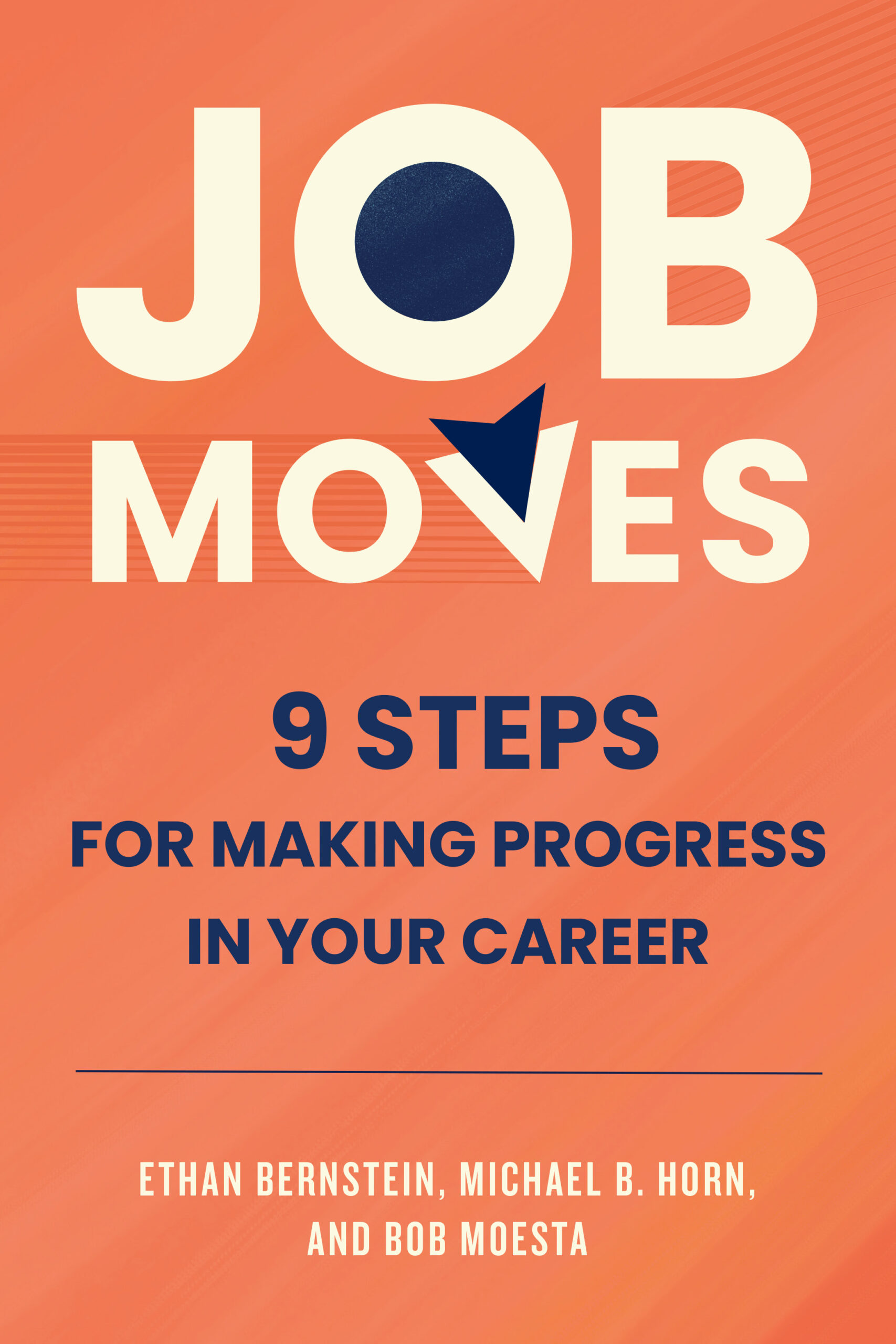Some students are considering dropping out of college because of coronavirus
by Abigail Hess
Education experts predict that college enrollment will be lower next semester and many colleges and universities are unsure if they will hold classes in-person in the fall.
“We’ve talked to college and university presidents and many of our 1,447 member institutions, and they are not sure what to expect,” says Lynn Pasquerella, president of the Association of American Colleges and Universities. “There’s some certainty with respect to a decrease in the number of international students that’s already been in rapid decline with a 14% decrease over the past few years. And they’re worried that this current global pandemic that has spurred an economic recession is going to further catalyze a depression, making it difficult for parents to send their children to college.”
Pasquerella says the financial pressures of the economic recession will disproportionately force low-income students, students of color, international students, working students and undocumented students to drop out of their schools. She adds that “open-access schools” — public colleges and universities that admit at least 80% of applicants such as community colleges — that often educate underserved communities such as these, as well as small colleges with limited endowments, will be hit the hardest.
Michael Horn, co-founder of the Clayton Christensen Institute, a nonprofit, nonpartisan think tank that researches disruptive innovation, agrees that college enrollment numbers will likely drop next semester.
“I wouldn’t be surprised to see enrollment in residential college programs drop by roughly 10% or so in the fall, and revenue to fall around 20% if students won’t be able to attend in-person in the fall,” Horn tells CNBC Make It. “On the flip side, I think we will see enrollments in online programs rise quite a bit, driven by adult learners — many of whom have been recently laid off — looking to wait out the recession and use their time productively by skilling up.”

0 comments